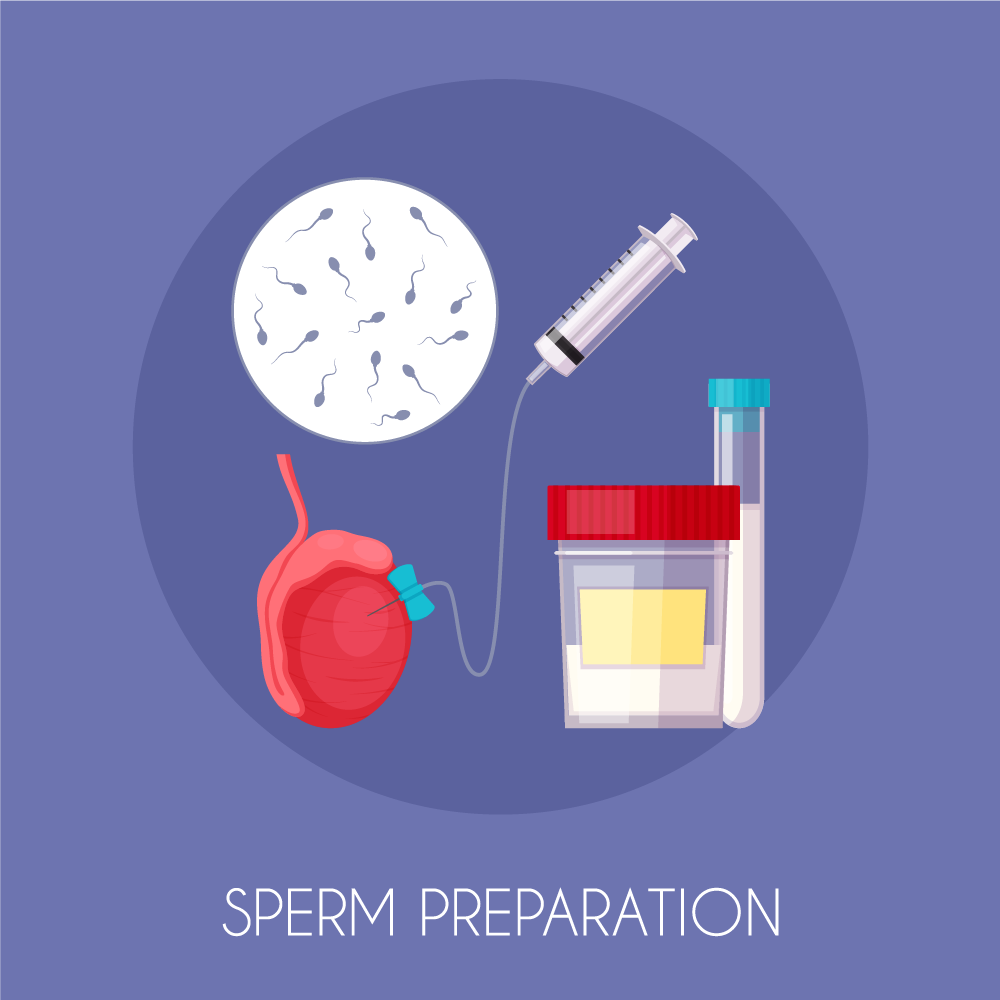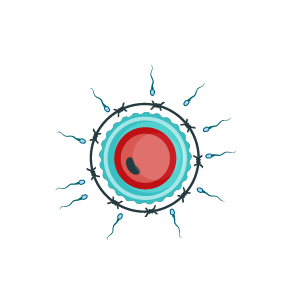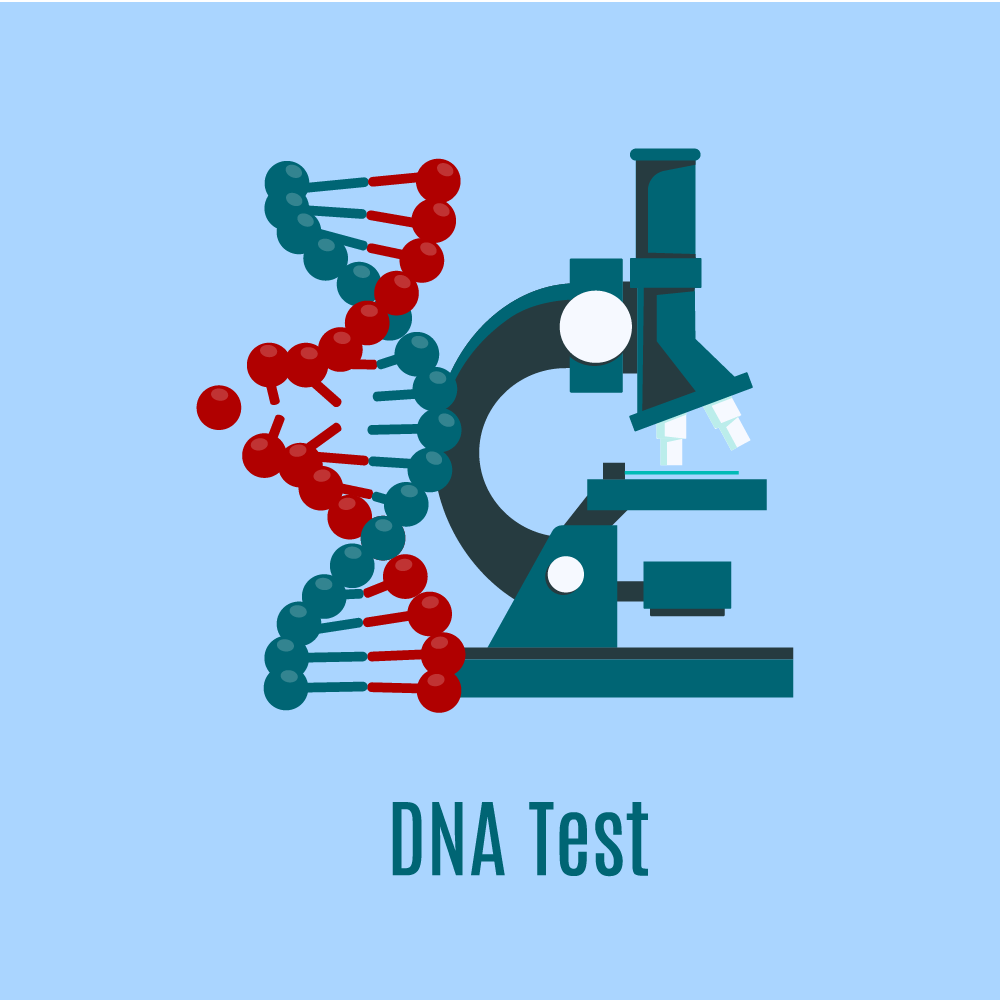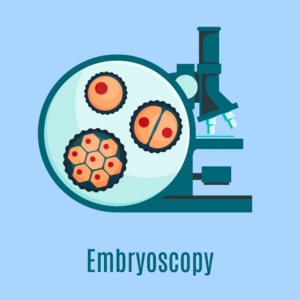The incidence of male infertility is increasing rapidly because of the modern stressful lifestyle.
It is a common but incorrect belief that infertility is a woman’s problem. Finding out that male partner is infertile is often a shocking and upsetting experience. So, men are often unprepared when they’re told there is a complication with their sperm.
As a male, your fertility generally depends on the quantity and quality of your sperm. If the number of sperm you ejaculate is low, or if the sperm are of a poor quality, it will be difficult, and in some cases impossible, to get pregnant. Therefore, the man contributes to infertility in around half of all cases.
The incidence of male infertility is increasing rapidly because of the modern stressful lifestyle.
If you’ve been trying for a pregnancy for 12 months without success, the best thing both you and your partner can do to visit an infertility specialist. Sometimes there are no apparent signs and symptoms of male infertility.
You may experience one or more of the following symptoms:
Difficulty in ejaculation
Difficulty in maintaining an erection (erectile dysfunction)
Reduced sexual desire
Pain or swelling in the testicle area
Decreased facial and body hair
Decrease hoarseness of voice
abnormal breast growth/Gynecomastia
Visit your doctor to get yourself evaluated for these symptoms. You may not experience any issues with sexual activity, erection or ejaculation, and the only symptom you will have is the inability to conceive a child.
Male fertility includes producing enough healthy sperms, their transportation with semen, and it also needs the right temperature of the scrotum to carry healthy sperms.
Some of the leading causes of infertility are:


Your doctor will usually ask for your medical history, conduct a physical examination and do a semen analysis. In some cases, your doctor will test your urine to see if sperm are present, which can occur when there is retrograde ejaculation. Sometimes your doctor will recommend an ultrasound, MRI, or a testicular biopsy....

Thus a high level of DNA damage in sperm cells may represent a cause of male infertility that conventional examinations cannot detect. The DFI test, also known as a TUNEL assay, analyzes the quality of sperm DNA, specifically looking for these kinds of structural issues.
DNA fragmentation is significantly higher in infertile men and while men with poor semen parameters are more likely to have high sperm DNA fragmentation, high sperm DNA fragmentation is also found in men with normal semen parameters who may be diagnosed with unexplained infertility.
Male Infertility Treatment options change in accordance with the underlying condition. Many issues can be treated with medication and surgery. In some cases, your doctor will recommend that you and your partner seek assisted reproductive treatment (used to achieve pregnancy), such as in vitro fertilisation (IVF). These methods don’t cure or treat the cause of infertility, but they can help you and your partner get pregnant, even if your sperm count is very low.
Useful in temporary infertility caused by environmental or lifestyle factors. Imbalance of the testosterone and estrogen hormones negatively affects the production of sperm. Based on the patient’s fertility analysis, hormone therapy is given to restore hormone levels to help normalise sperm production.
f this treatment does not work, more intensive treatment is undertaken.
IUI is a fertility treatment that involves placing sperm inside a woman’s uterus to facilitate fertilization. The goal of IUI is to increase the number of sperm that reach the fallopian tubes and subsequently increase the chance of fertilization.
It is a process in which an oocyte or egg is first removed from a Woman’s ovaries. This egg is then kept in a petri dish amidst 50000 sperms and incubated overnight in an incubator. It is a process of natural selection as any of the sperms can go and naturally fertilize the egg. It is suitable for couples with unexplained infertility with a moderate to decent sperm count..


It is an advanced form of IVF where a single sperm is made to penetrate a single egg to maximize the likelihood of successful fertilization. ICSI is a highly effective treatment option for men with low sperm count, poor sperm quality or nil sperm.
TESA is a minimally-invasive procedure to retrieve sperm when sufficient sperm are not available through ejaculation. It is a sophisticated technique which involves passing a fine needle into the testis to collect seminal fluid into a syringe. Healthy sperm are then separated from the semen and prepared for use in an IVF/ICSI cycle. TESA is performed under local anesthesia and takes no more than 10 minutes.
PESA is a procedure performed for men who are having sperm retrieved for IVF/ICSI who have obstructive azoospermia from either a prior vasectomy or infection. It is done with local anesthesia in the operating room or office and is coordinated with their female partner’s egg retrieval.
MESA is a procedure performed for men who have vasal or epididymal obstruction (s/p vasectomy, congenital bilateral absence of the vas deferens). Patients usually cryopreserve sperm during this procedure for future IVF/ICSI. MESA allows for an extensive collection of mature sperm as compared to aspiration techniques, and it is the preferred method of retrieval for men with congenital bilateral absence of the vas deferens as it does not impact steroid production of the testis.

In TESE, a small incision is made into the scrotum and testicular tissue is removed from which sperm is retrived. TESA and TESE are used in combination with IVF/ICSI in couples with severe male-factor infertility. Patients usually cryopreserve sperm during this procedure for future IVF/ICSI.
It is a much more involved procedure and is performed with the aid of a surgical microscope whereby the chances of finding sperm are increased and the amount of tissue taken out of the testis can be minimized. MicroTESE is carefully coordinated with the reproductive endocrinologist and is performed at designated times on a quarterly basis.
A more powerful microscope is used by the IVF laboratory to evaluate this tissue. Repeated biopsies from one or both testes are obtained until sufficient sperm has been harvested for that IVF cycle. Extra sperm may be harvested to preserve for future cycles of ICSI. This procedure can take as long as four hours depending upon how quickly sperm are found.
For those who can’t father children naturally, assisted reproductive treatment offer the best chance for you to have biological children. One in eight infertile men have a treatable condition, and after treatment, couples can become pregnant naturally.
